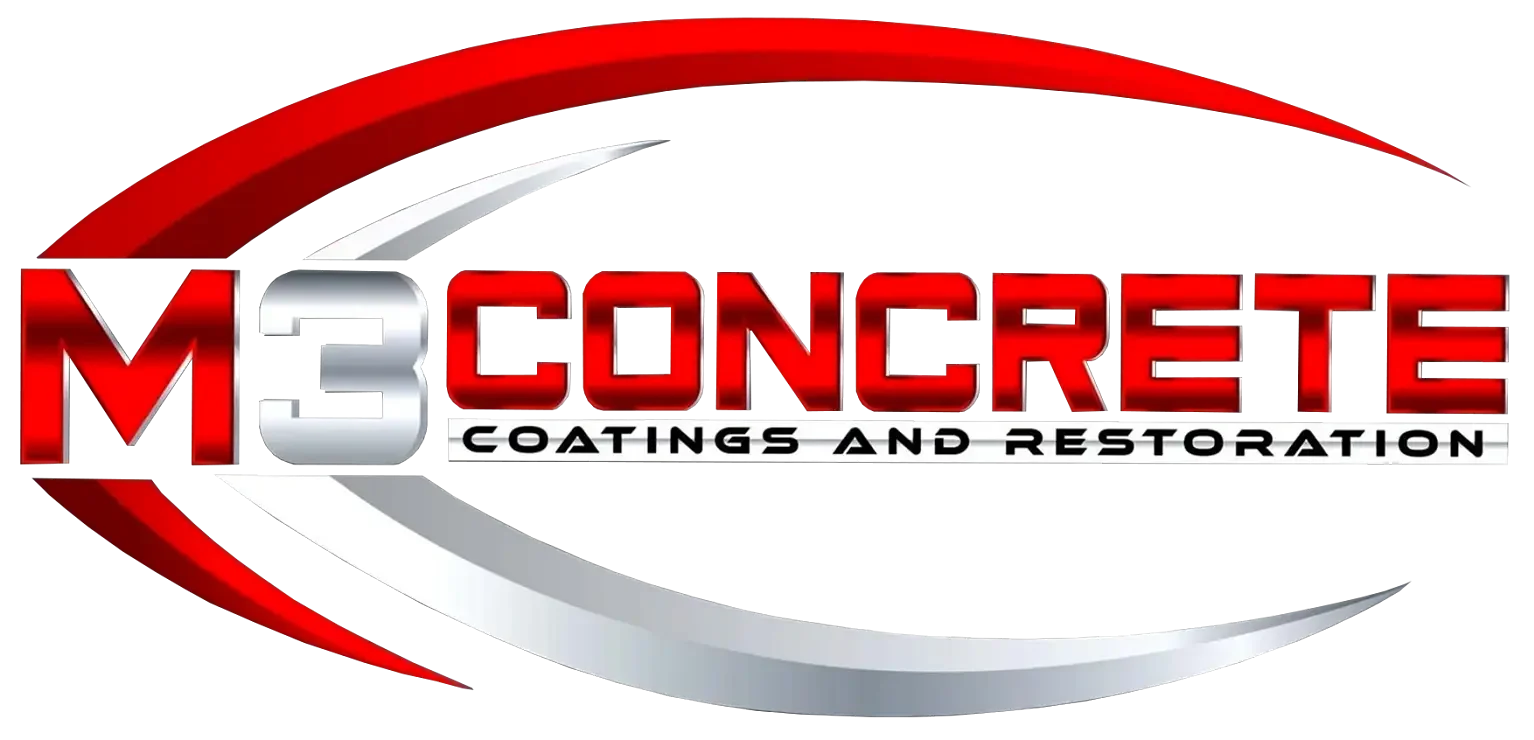When it comes to enhancing the durability, aesthetics, and functionality of your floors, floor coatings play a crucial role. Whether you’re looking to revamp your home’s interior, upgrade your garage floor, or create a seamless industrial workspace, choosing the right materials for floor coating is essential. In this blog, we’ll explore the world of floor coatings and the materials used in the process, focusing on epoxy floor coating materials, floor covering materials, and more.
Epoxy Floor Coating Materials
One of the most popular choices for floor coating is epoxy. Epoxy floor coatings are known for their durability, chemical resistance, and glossy finish. These coatings are made from a combination of epoxy resin and a hardener. When these two components are mixed, they create a chemical reaction that forms a strong, adhesive bond to the floor surface. Epoxy floor coatings are commonly used in garages, basements, industrial facilities, and commercial spaces due to their robust nature.
Floor Coating Material
The choice of floor coating material can vary depending on the specific requirements of your project. In addition to epoxy, there are other materials used for floor coatings, such as polyurethane, acrylics, and concrete sealers. Polyurethane coatings provide excellent UV resistance, making them suitable for outdoor applications. Acrylic coatings offer a quick-drying solution and are often used for decorative purposes. Concrete sealers, on the other hand, are designed to protect and enhance the appearance of bare concrete floors.
Floor Covering Materials
Floor covering materials encompass a wide range of options beyond traditional coatings. These materials include hardwood, laminate, vinyl, and carpet. While these materials are primarily used for covering existing floors, they can also be considered for certain coating applications. For instance, hardwood floors can be coated with a protective finish to enhance their longevity and appearance.
Floor Coating Supplies
To ensure a successful floor coating project, you’ll need the right supplies and tools. Some essential floor coating supplies include primers, rollers, brushes, squeegees, and mixing equipment. These supplies are essential for proper surface preparation and the application of coatings. Using the right tools and supplies can make a significant difference in the quality and longevity of your floor coating.
What is Epoxy Floor Coating
Epoxy floor coating is a versatile solution that can be used in various settings. It’s not only known for its strength but also for its ability to withstand heavy traffic, chemicals, and impact. Epoxy coatings are also highly customizable, allowing you to choose from a variety of colors, textures, and finishes. This versatility makes epoxy floor coating a popular choice for both residential and commercial spaces.
Floor Epoxy Materials
The key components of epoxy floor coatings are epoxy resin and a hardener. Epoxy resin is a thermosetting polymer that, when combined with a hardener, undergoes a chemical reaction known as curing. This curing process transforms the liquid mixture into a solid, durable surface that adheres firmly to the substrate. Epoxy materials are chosen for their exceptional adhesion, making them ideal for concrete floors.
Floor Covering Material Crossword Clue
Sometimes, the world of floor coatings can seem like a complex puzzle. If you’ve come across terms like “crossword clue” or “floor covering material crossword clue,” it’s essential to seek clarity. Understanding the terminology and materials used in floor coatings can help you make informed decisions for your flooring projects.
Epoxy Floor Material Cost
The cost of epoxy floor materials can vary depending on several factors, including the type of epoxy used, the size of the area to be coated, and any additional customization options. While epoxy coatings may have a higher upfront cost compared to some other materials, their long-term durability and low maintenance requirements often make them a cost-effective choice in the long run.
What is Concrete Floor Coating
Concrete floor coating refers to the process of applying protective coatings to concrete surfaces. These coatings are designed to enhance the appearance, durability, and performance of concrete floors. Concrete floor coatings can be applied in various environments, such as residential garages, commercial spaces, warehouses, and even industrial facilities. They serve as a barrier against wear and tear while adding a layer of protection to the underlying concrete.
How Thick is Epoxy Floor Coating
The thickness of an epoxy floor coating can vary based on the specific requirements of the project. Typically, epoxy coatings are applied in multiple layers, with each layer contributing to the overall thickness. The thickness of epoxy floor coatings can range from a few mils (thousandths of an inch) for thin coats to several millimeters for thicker, more robust applications. The choice of thickness depends on factors like the level of protection needed and the type of traffic the floor will endure.
In conclusion, choosing the right materials for floor coating is essential for achieving the desired results in terms of aesthetics, durability, and functionality. Epoxy floor coatings, along with other coating materials and supplies, offer versatile solutions for a wide range of flooring projects. Whether you’re looking to transform your garage, protect an industrial floor, or enhance the beauty of your home’s interior, understanding these materials and their characteristics is the first step toward a successful floor coating project.
